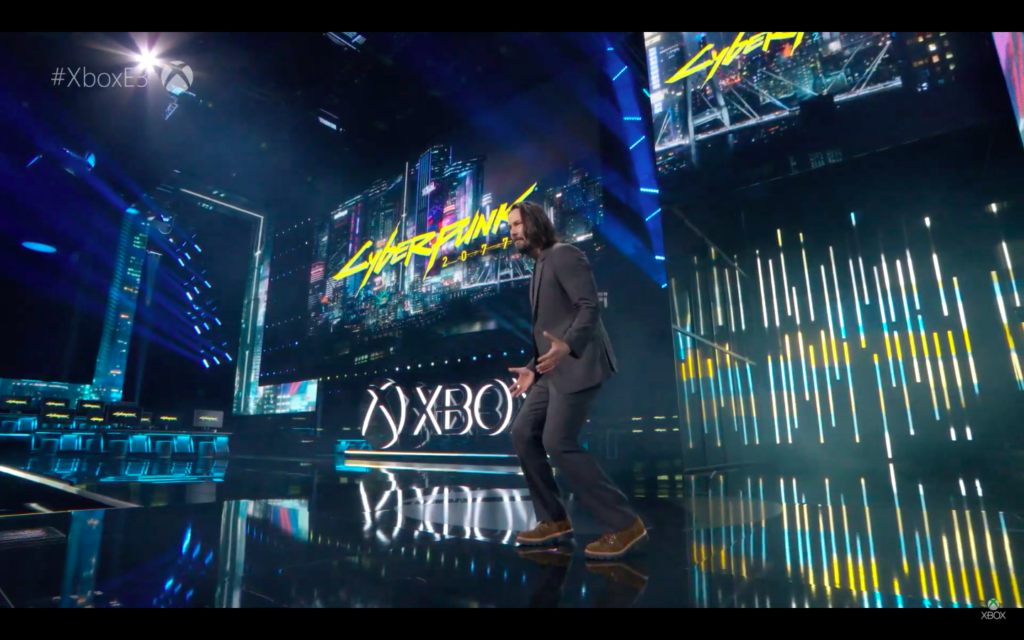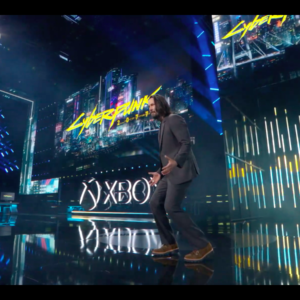In the wake of the COVID-19 pandemic, virtually every keystone summer gaming event was cancelled or drastically reimagined. The handshaking and in-person business-making of GDC are now relics of the past. The flash and panache of E3 is also gone, yet so are the enormous budgets. There are upsides and downsides to the changed world we live in, and we look at the new opportunities and challenges for our industry in 2020 – and beyond.

Although at first, it was a shock to hear about the postponement and cancellation of trade shows and conventions, it was clearly the right thing to do in the midst of a global pandemic. Crowded events are exactly what are to be avoided – but they also were exactly what our clients needed. Now, with dozens of developers, publishers and media companies rapidly looking to fill the void created by COVID-19 related cancellations, we’re taking moment to reflect on strategies to help our clients and partners continue to market their products as we adapt to the new “normal.”
Even before COVID-19, several larger videogame companies were stepping up to host their own events, including Sony’s recent departure from E3. Unfortunately, smaller companies never had that luxury, but that may be changing thanks to the rise of virtual events. IGN’s Summer Gaming Event, Geoff Keighley’s Summer Game Fest, the PC Gamer PC Gaming Show and many more are already scheduled and underway as new ways for companies to promote their upcoming games.
Virtual events allow viewers to tune in from the safety and comfort of their own homes, avoiding the steep costs of expo hall rentals, booth materials and travel. Similarly, they remove the accessibility barrier for not only many more attendees, but also for smaller publishers and developers that earlier might have not had the funds to compete for attention against AAA titles.
For publishers, events don’t have to be overly grandiose, or even partnered with a media outlet. Now, companies can host public streams, partner with streamers or conduct one-on-one virtual meetings and demos as ways to showcase what’s coming soon.
Though virtual events are clearly going to be an integral part of launch campaigns moving forward, they also introduce new challenges and pitfalls. Viewership capacity can be greatly increased, but engagement is restricted to what can be shown on a monitor, with audience feedback limited to time-restricted emotes. Likewise, media are stripped from the opportunity of connectivity, which can be very powerful and even essential when developers are displaying their games. We may be experiencing a paradigm shift towards more virtual events in the future, but to replace in-person events they will need to fully fill the void.
The video game industry landscape is forever changing, and our team is keen to adapt as needed to provide our partners with the best ways to communicate their awesome products and content. We already supported USC Games with their fully online USC Games Expo earlier this year, which was a live streamed event. We are also excited to help 505 Games with Assetto Corsa Competizione’s online preview, where pro racers and coaches will participate in a panel to discuss the game. Almost weekly, we are scheduling video interviews or demos for various projects. With Disjunction at Shacknews’ E4 and No Straight Roads at the Guerilla Collective’s indie showcase this summer, we can’t wait to help our partners use the new virtual paradigm.


